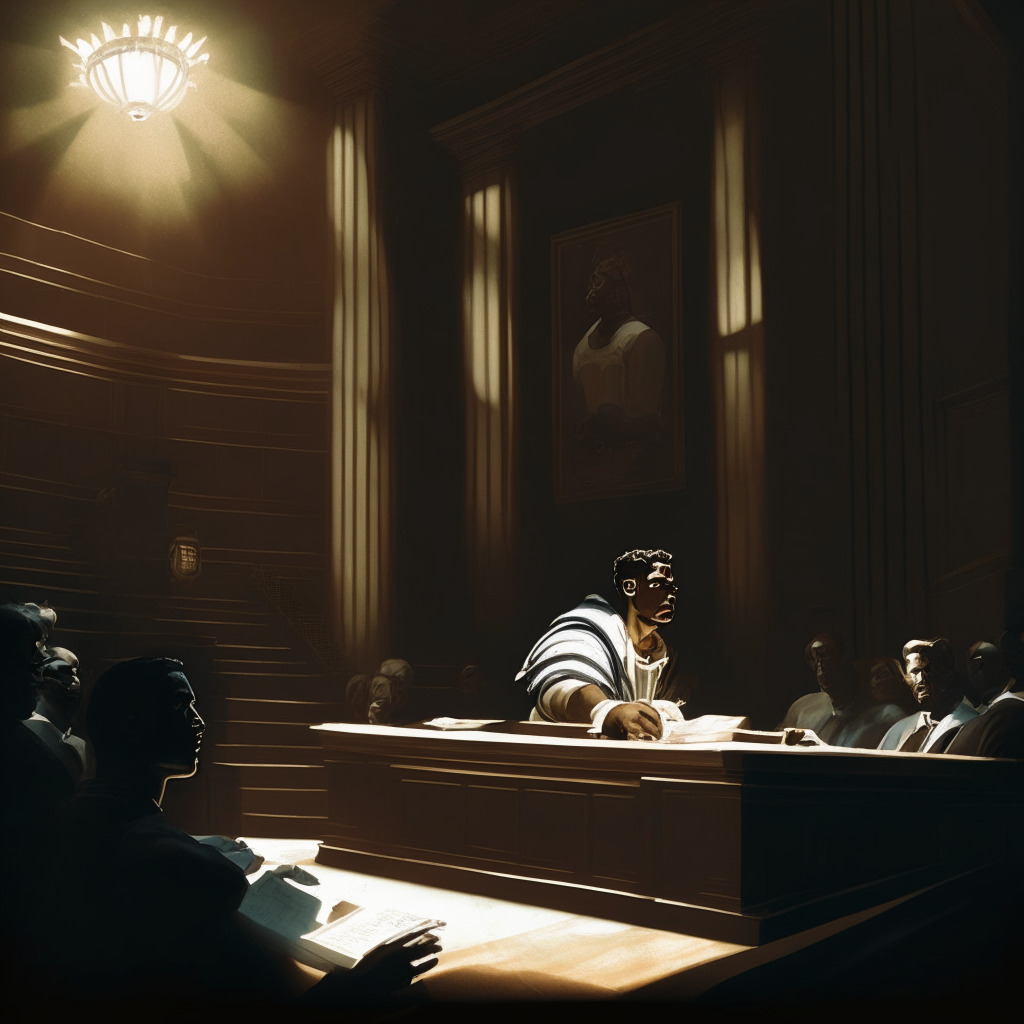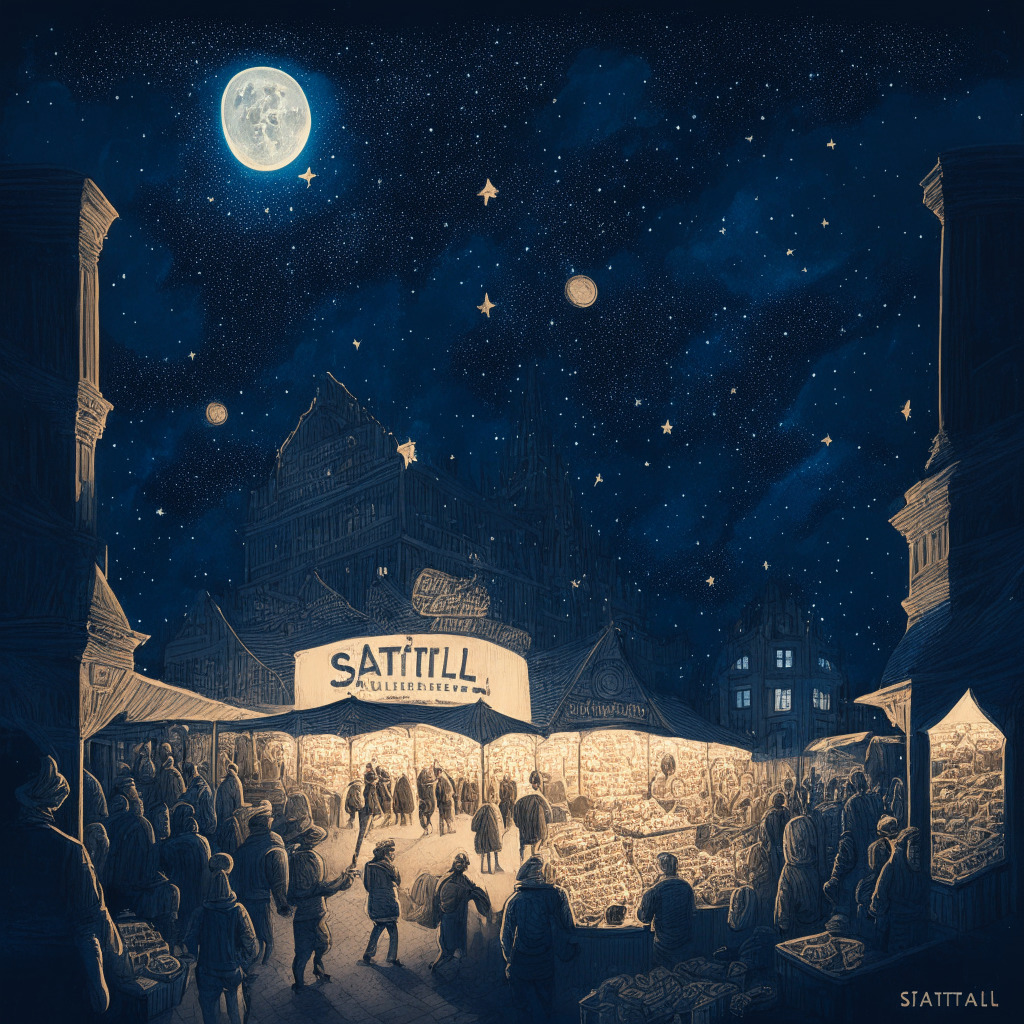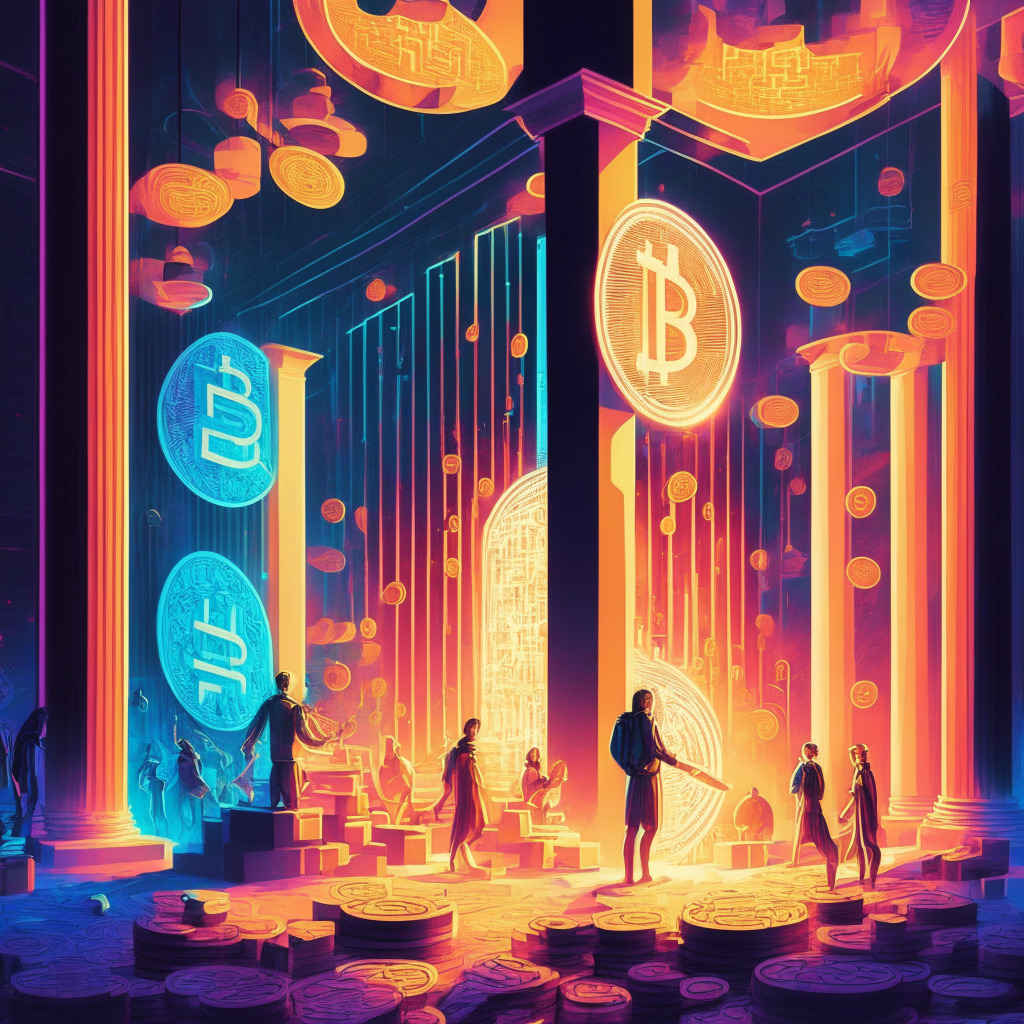In a dramatic turn of events, the NFL Players Association has severed its ties with Italian collectibles company Panini S.p.A, to form an alliance with rival Fanatics. This sudden reneging seems to be laser-focused on the thriving domain of cardboard sports cards, but it leaves a veil of uncertainty over the fate of Panini’s NFL-themed NFTs.
The NFL Players Association’s silence added to the speculation, leaving Panini in a legal labyrinth of intellectual property rights, licensing deals, and the much-debated first sale doctrine. Fanatics, which has steadily gripped the trading card industry through licensing contracts with the MLB, NBA, and now, NFLPA, appears to be at the center of an unfolding legal drama with Panini.
Ross Feingold, special counsel at Taipei-based Titan Attorneys-at-Law, posits a crucial question: What implications does this legal entanglement have on the minted NFL NFTs? His explanation? Not much. According to the first-sale doctrine, even after the ownership of a work changes, the original owner retains the right to display, lend, sell, or dispose of that work, without requiring the new copyright owner’s permission.
So, theoretically, the Panini-minted NFTs are safe. The company might even maintain its trading on the marketplace, refraining perhaps from any new mints.
Meanwhile, Feingold harkens back to a slew of court cases in the 90s and early 2010s, over the limit of the first sale doctrine. These selective cases are significant, providing a legal framework to argue in court in any future dispute over NFL NFTs. Even so, the legal landscape of right of publicity laws, a longstanding contention in the trading card industry, remains complex and largely open to interpretation.
Then comes the twist that the first sale doctrine itself as it applies to NFTs may not be absolute. A published paper in the Wake Forest University Journal of Business & Intellectual Property Law posits that the fast-evolving NFT landscape might have outpaced the law.
Unlike traditional trading cards, NFTs are digital. Hence, they’re bound by “digital first sale” doctrine, which requires that the same file can’t exist twice, become double spent in crypto parlance – a feature of blockchain technology. However, the U.S. Copyright Office opposes a “digital first sale” concept due to the challenge of asserting the original file’s deletion.
This legal gray area sees sports card markets often sidestep interpretations of copyright law, which, in turn, opens up a legal gray area. Feingold, however, doubts any big shifts, despite the looming uncertainty.
On the flip side, if Fanatics moves to claim damages regarding these NFTs, the question arises: What, indeed, are the damages? The possible answer would highly depend on the success of the business, yet Panini’s NFT marketplace seems to lag behind traditional paper-based trading.
In conclusion, one thing’s certain. This wave of radical changes in the trading card industry, coupled with the legal uncertainties surrounding NFTs, opens a Pandora’s Box of exciting yet challenging future prospects.
Source: Coindesk




